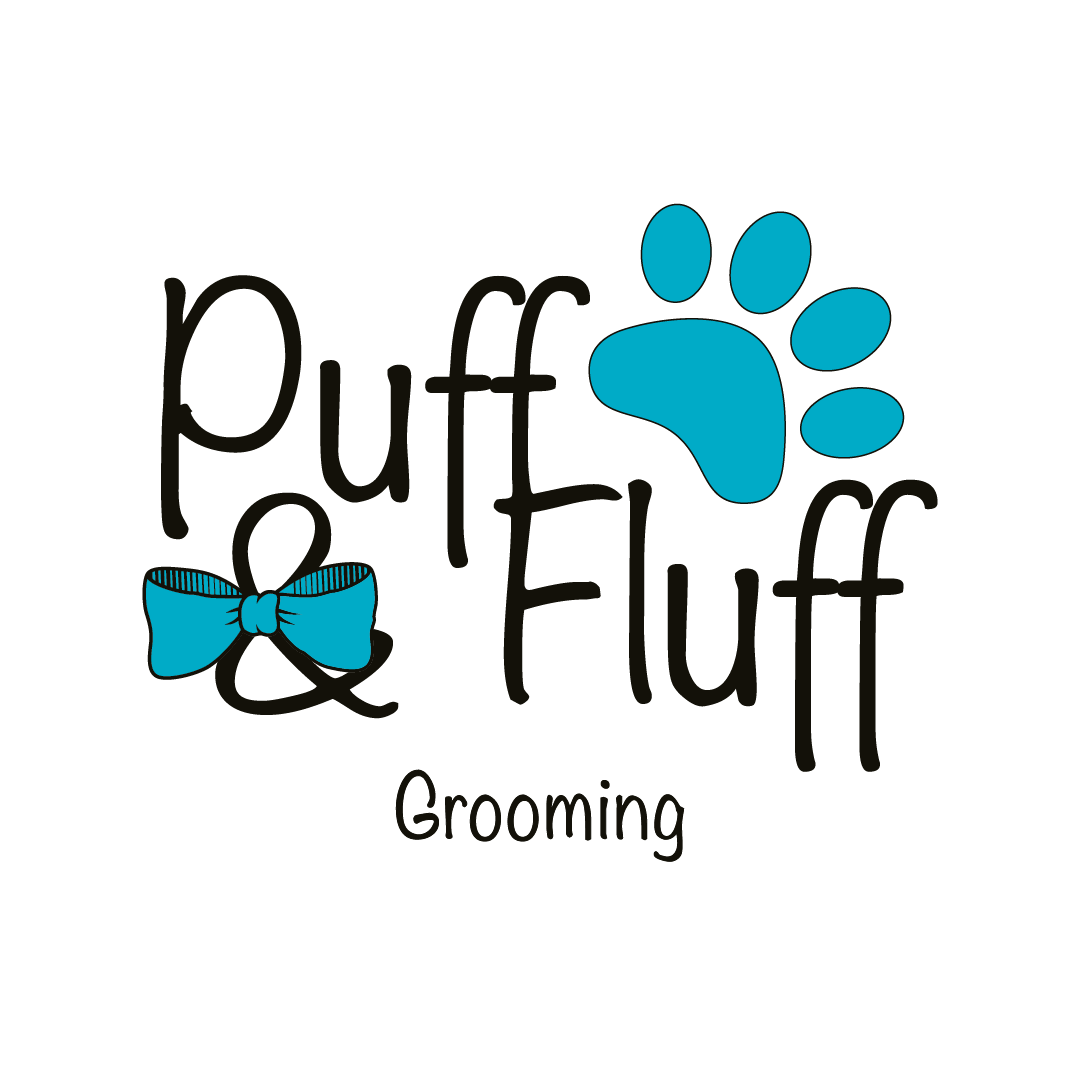August 30th is National Holistic Pet Day – but, you may be wondering, what does that actually mean? When we think of “holistic health” for humans, we may think about health care that heals patients with methods to connect the mind, body and spirit. It’s an alternative approach to look at our health and how we treat our bodies. Now, the same attention can be given towards our pets.
Sometimes it can feel frustrating to find that vets may not always have the tools to really “fix” whatever may be ailing your sweet, furry friend. The positive side of this is that, as our world moves through this unprecedented time of transition, some amazing natural, ancient medical breakthroughs have been unearthed, reinstated and are being practiced by your local veterinarian!
While I am not a vet and cannot say definitely what treatment options may be best for your pet depending on their ailment, the research I’ve done has shown some of the most common and useful integrative options to enhance pet treatments; these may include acupuncture, chiropractic care, NAET (acupressure treatment for allergies), herbal medicine, homeopathy, and massage therapy.
Chinese medicine offers a lot of information by simply observing and touching animals, but it’s still good to have backup technologies including X-rays, blood testing, fecal and urine samples, etc. Whether or not holistic care is the right approach for you and your pet, below are some tips to naturally protect your dog from summer pests.
-
Lemongrass, citronella and other essential oils have been found to effectively repel flying (and crawling) pests from your pets. Always use caution when using essential oils: It’s important to dilute them in witch hazel or distilled water first. Don’t spray or apply these products near your furry friend’s eyes, nose, mouth or other sensitive areas.
-
Cedar oil has also been proven as an effective way to kill fleas and ticks. You can find pre-mixed solutions for indoor or outdoor use through pet supply stores or online. Remember, a little goes a long way; all you need is a light mist on furniture and bedding to do the trick.
Pets are important members of our families and we only want to do what’s best for them! Remember to consult with your dog-ter (or vet) before starting your pet on any new type of regimen or testing out a new product on them. Just because something is natural or holistic, doesn’t always mean it’s the best for your individual pet; just like people, they’re all unique and respond to treatments differently.

